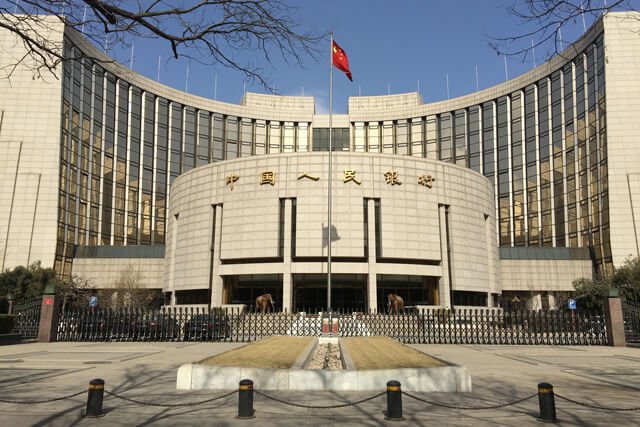Taking strong interest in blockchain, cryptocurrencies, and IoT, Tatsiana Yablonskaya got deep understanding of the emerging techs believing in their potential to drive the future.
The direct connection between the capital controls in China and bitcoin is more than obvious now. The Chinese government has unveiled serious intention to stem the outflows that brought its currency reserves to their lowest since February 2011. Since bitcoin has drawn close attention of regulators, as it enables getting around capital controls, the price of the cryptocurrency has significantly dropped since January 4.
Representatives of the People’s Bank of China met with bitcoin exchange executives to underline that it is necessary for China’s institutional and individual investors to take a rational approach to investing in virtual currencies such as bitcoin. Representatives of the People’s Bank of China underlined that bitcoin is not a currency and, thereafter, cannot be circulated and regulated as a real currency in the market.
The State Administration of Foreign Exchange has also scrutinized several bitcoin platforms to study the potential of the cryptocurrency to transfer assets overseas.
At the beginning of the year, bitcoin broke its all-time high and was traded at the level of $1,184. The very next day, the price fell by 22% to $972. Chinese factor was named as one of the primary ones causing such price slump. The drop was reported to be connected with the recent attempts of Beijing to shore up the Chinese yuan. While most of bitcoin trading takes place in China, such move of the Chinese government could have affected the cryptocurrency price. The yuan posted one of its biggest rises on record on January 5 due to strong economic data.
It’s unclear how widespread the use of bitcoin is to circumvent China’s rules on moving money offshore. However, the influence of Beijing on the cryptocurrency is far from being slight despite the generally known fact that bitcoin is free from the shackles of any central authority.
“China is home to two-thirds of bitcoin mining power and 98 percent of trades in the past six months were conducted using yuan. The irony should not escape bitcoin’s libertarian cheerleaders: The currency may not be issued by any government but is effectively under the control of the world’s most powerful single-party system”, says Bloomberg.
The Chinese government will now do its utmost to keep its money at home. At the end of previous year, the efforts to stem the yuan’s steepest annual slide in more than two decades resulted in the drop of Chinese foreign-exchange reserves to $3.01 trillion.
It is interesting that bitcoin, though a digital currency, is absolutely not suitable for anonymous transfers as all transactions can be traced back to the original owner. Authorities can easily know who has been moving money out of the country if they require customer data from a bitcoin exchange.
So why have many investors in China still preferred bitcoin as a way to move money across borders? The reason is that bitcoin remains a tiny part of the financial system. The total supply of bitcoin is capped at 21 million coins. Given the price of $1,000 apiece, it makes up a notional value of $21 billion, which is less than 0.7 percent of China’s remaining foreign-exchange reserves.





